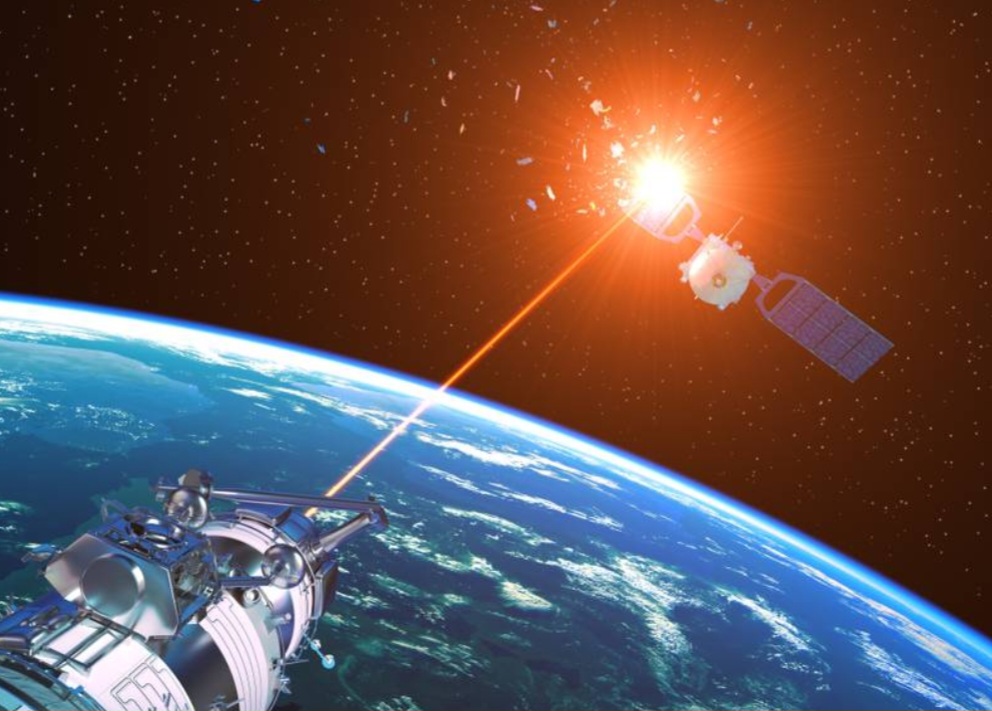
National Harbour: The US must dominate in space and the technologies deployable there to maintain an advantage in future wars, according to Marine Corps Lt Gen Matthew Glavy.
Space-based capabilities already include an array of technologies such as sensing and spying satellites, communications relays and navigation aids used by combatants on the ground, at sea and in the air. The Space Force was established years ago, as well, a sign that the US Department of Defence is taking the extra-terrestrial more seriously.
“Space is the most resilient capability we have,” Lt Gen Matthew Glavy, deputy commandant for information, US Marine Corps said December 11 at the Association of Old Crows conference in Maryland. “I’m telling you right now: We don’t win the space domain? Don’t even bother.”
The US is not alone in its appreciation of space and the potential advantages it affords. Russia and China are spacefaring world powers and, at the same time, are thought to be top national security threats. The latest US National Defence Strategy warns both countries are building up counter-space capabilities, leading to a potential flashpoint.
“It’s pretty stiff competition,” Glavy said. “No space, no chance.”
Beijing in 2007 destroyed its own weather satellite in a demonstration of its growing space arsenal. The direct-ascent anti-satellite test, or ASAT, drew international rebuke. While the additional space debris was worrisome, as even small pieces of metal pose serious collision concerns, it also raised questions about future attacks on US military or intelligence satellites considered key to tracking, targeting and communication.














